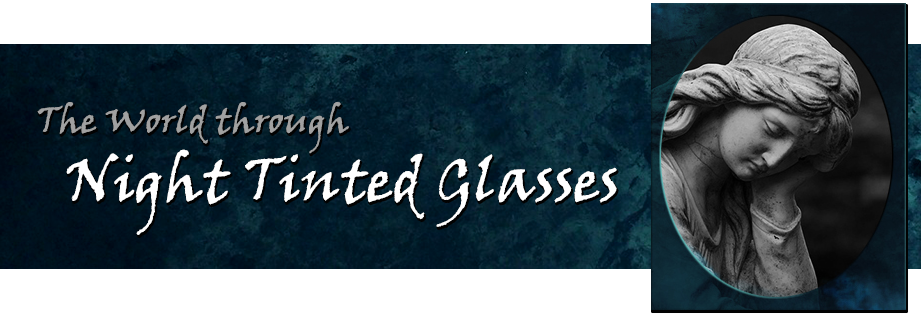Spoilers ahoy!
One advantage remains unchallenged about living in Los Angeles--far more opportunities to see movies for free. Case in point: My own chance to see The King's Speech last week, followed by a fascinating Q&A with the film's screenwriter, David Seidler.
A bit of background for those who don't know (and judging by the reactions of my friends, that might be the majority). When King George V (Queen Victoria's grandson) died, his eldest son David became King under the name Edward VIII. But David didn't take his duties seriously at all, was actually something of a Nazi sympathizer, and insisted on marrying a woman who was twice divorced. This last was legally insurmountable at the time, so Edward VIII abdicated. Next in line lay his brother, Bertie, the Duke of York. Bertie, a shy man with a pronounced stutter, had no desire at all for the throne. Quite the opposite! But he also regarded it as his duty to the nation, a nation then on the road to the second world war. As George VI, he reigned during that war and eventually became a much-loved figure. His daughter Elizabeth is Queen of the United Kingdom today.
The movie deals with the relationship between Bertie (played by Colin Firth) and the man who became his voice coach--an Australian named Lionel Logue (played by Geoffrey Rush). Considered quite a radical for his time, Logue focused on the emotional reasons behind a stutter--much to his patient's displeasure and reluctance. As it happens, the more we glimpse of Bertie's childhood the more heroic he seems, the more we
 see him as potentially a great monarch and yet we ache that he might be forced into such a role. More subtly, we come to understand the quiet, reserved and fathoms-deep love between him and the woman who was first his Duchess then his Queen (played by Helena Bonham Carter). It is she who finds Logue and overcomes her husband's reluctance to see another damn specialist. Maybe it shows my age, but something about the portrayal of a love affair between a happily married middle-aged couple touches my heart.
see him as potentially a great monarch and yet we ache that he might be forced into such a role. More subtly, we come to understand the quiet, reserved and fathoms-deep love between him and the woman who was first his Duchess then his Queen (played by Helena Bonham Carter). It is she who finds Logue and overcomes her husband's reluctance to see another damn specialist. Maybe it shows my age, but something about the portrayal of a love affair between a happily married middle-aged couple touches my heart.Logue turns out to be charming, irreverent but respectful, and also to know what he is about. From the Q&A I was pleased to learn the director wanted historical accuracy if at all possible, down to ditching a nice subplot when evidence emerged weeks before filming began that its central tenet happened to be untrue. Logue himself presented far fewer problems, mostly because he didn't leave detailed notes of what he did during his sessions with the King. The screenwriter drew upon his own experiences as a stammerer who underwent treatment.
I will mention here that Colin Firth will almost certainly be nominated for an Oscar. He not only turns in a fine performance (when has he not?) but does so with great technical skill, both subtle and obvious. This is the kind of thing the Academy likes to award. That sounds cynical, doesn't it? But it makes sense, given how many extremely good performances dot movies each year. The ones that show some real flourish get the most attention, and understandably so. In this case, not only is there a technical matter of an almost-crippling stutter, but the way he has to spend so much of the film with a stiff upper lip, ramrod straight, formal and polite and yet half the time in something like emotional agony.
The whole cast does a splendid job. Geoffrey Rush almost effortlessly steals most films in which he appears simply by turning in such interesting, entertaining performances. Here we have no exception, save that Firth stands toe-to-toe with him. Amusingly, Derek Jacobi plays the Archbishop of Canterbury, a well-meaning but overly conventional man who disapproves of Logue--amusing because of course Jacobi gained fame playing another stuttering prince himself, in I, Claudius. Bonham Carter is likewise splendid as the gently courageous lady later known as the Queen Mum. Another amusing story was that the screenwriter had to get the real Queen Mum's permission to access what notes Logue left behind. She granted it, but only after her death because of the painful memories involved. She was in her eighties at the time and he thought he wouldn't have long to wait. Then she lived to be over a hundred!
Enough of fascinating trivia! How is the film? As might be obvious, I thought the whole thing both moving and charming, a portrait of friendship that allowed a quiet hero lead his people during the worst hours they ever knew. Having already won a slew of awards, I'm sure it will win many more. And will deserve every single one.





